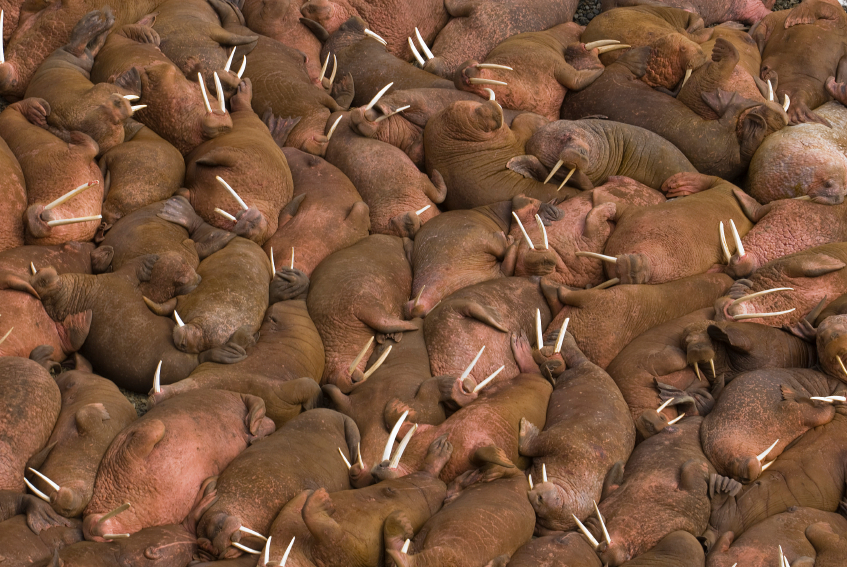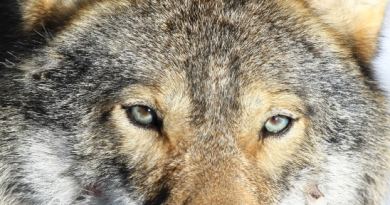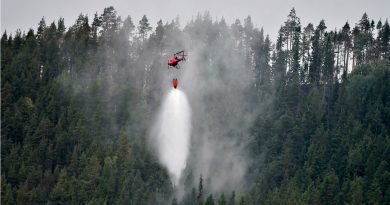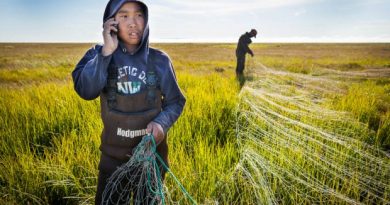Round Island walrus-watching cut as Alaska looks for savings

The thousands of walrus that crowd the beaches at Round Island at a state sanctuary in Southwest Alaska have always outnumbered the humans. Now there will be even fewer people.
Citing budget issues, the Alaska Department of Fish and Game is axing the 39-year-old monitoring program at the island, part of the Walrus Islands State Game Sanctuary about 75 miles southwest of Dillingham.
The cut means the end of a four-month summer camp staffed by a pair of Fish and Game technicians who monitored the walrus and helped tourists and scientists. And their absence might mean the end of a unique wildlife viewing opportunity for tourists, though one that was little used in recent years.
In 2014, the summer camp will shut down early, on Aug. 5. Next year, it won’t exist at all.
Future of tourism
When it’s shut down, the department must decide whether tourism will continue, since there will no longer be a Fish and Game presence, said Ed Weiss, who oversees the sanctuary — as well as others in the state — from Anchorage as one of the state’s refuge managers.
“That would be our hope,” to allow tourism to continue at Round Island, he said. “However, there’s a number of management and safety and resource disturbance issues connected with having a visitor program when you don’t have people out there monitoring, so we’ll have to take a look at that.”
The sanctuary’s heyday came in the 1980s and 1990s, when hundreds of tourists sometimes visited the island in summer and large numbers of walrus helped drive publicity that put the island on destination maps, said Weiss. But in more recent years, visitor numbers have dwindled, to about 40 or so a summer.
The walrus are also fewer, reaching about 4,000 during their highest point in the summer. They reached their high point above 14,000 in the late 1970s.
With three other major summer haulouts in Bristol Bay and still others elsewhere, the reduction in Round Island walrus can’t be used as a barometer for the overall population of Pacific walrus, Weiss said: “You can’t make any conclusions about the entire population based on what’s showing up at Round Island.”
Monitoring camp
The department plans to zero out funding for the monitoring camp, which costs the state about $95,000, said Weiss. The camp was the only one in the sanctuary. The two technicians staffing the camp will continue to work elsewhere in the department.
The state expects to lose about $2 billion by the end of this fiscal year in July and will borrow from savings it has built up in recent years from the oil production tax system that the Legislature axed last year.
As for scientists who visited the island, they’ll still likely be able to continue their research, though with additional permitting. One benefit they will lose is help from the two Fish and Game technicians, who sometimes did on-the-ground counting or other work that helped researchers when they couldn’t come to the island.
“Researchers can still more than likely go out there and do their research,” Weiss said. “But there’s probably going to be a lot more expense and planning for each individual researcher because they’ll have to go out there each time they need to do something because we won’t be there to provide that.”
Contact Alex DeMarban at alex(at)alaskadispatch.com
Related Links:
Canada: Hunters asked to help set harvest limits in Canada’s eastern, CBC News
United States: Alaska – Yup’ik to receive aid after disastrous walrus hunt on remote island, Alaska Dispatch



